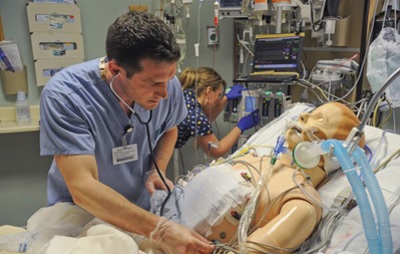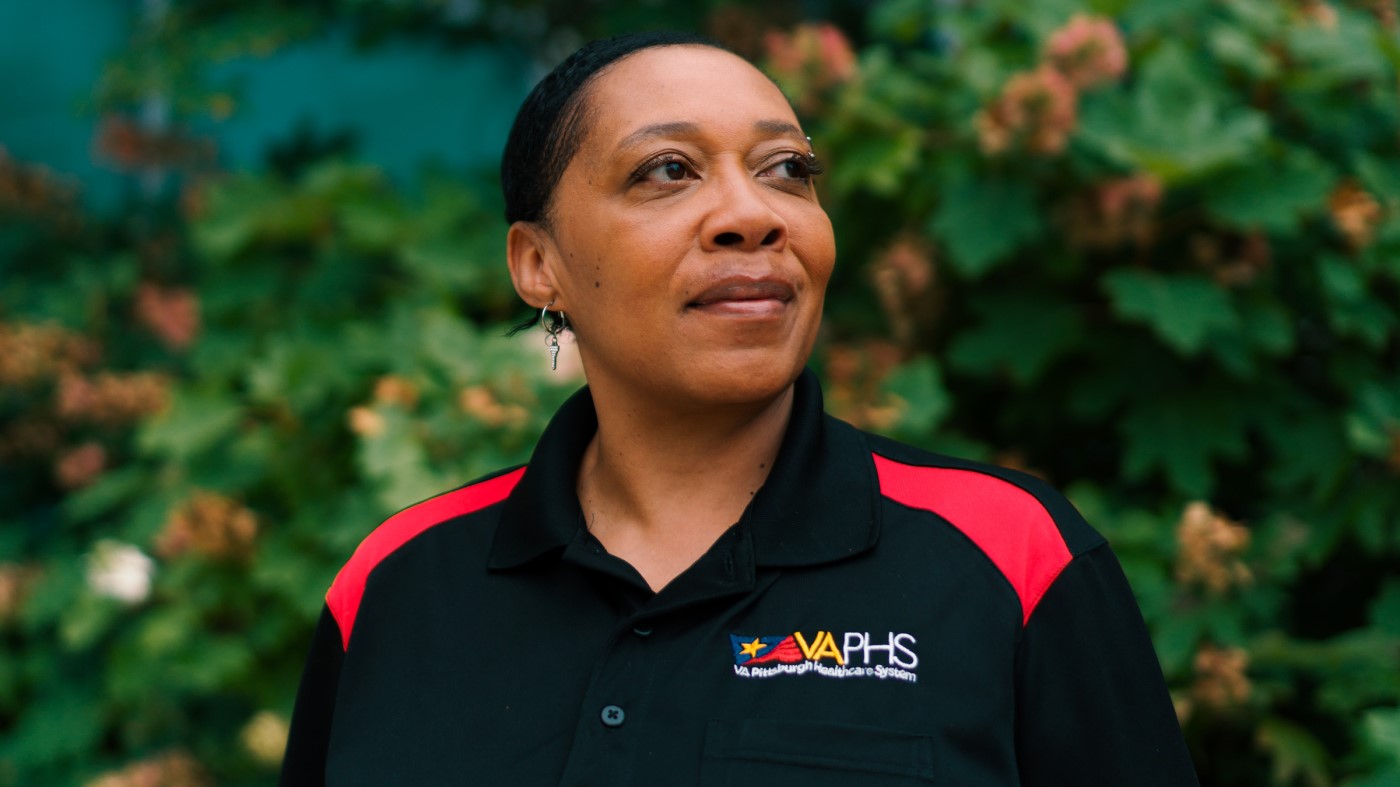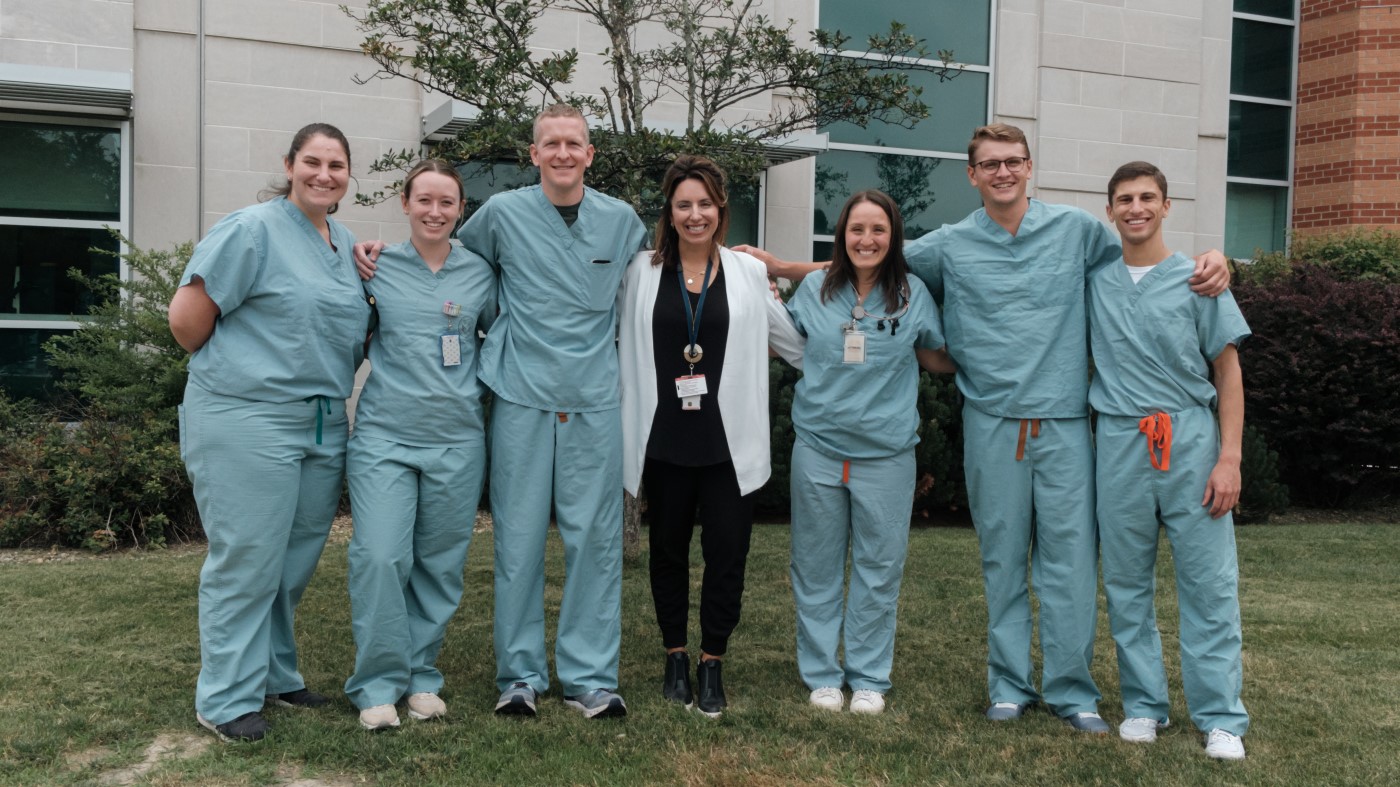VHA nurses are passionate about serving our Nation’s heroes. And now they will sharpen their patient care skills to give Veterans an even better experience.
Nurse residents in many VHA facilities will now complete a simulation curriculum during their first year of professional nursing. Simulation provides a safe environment where participants can engage in learning through the replication of real, high-risk patient conditions where mistakes can be an opportunity for learning without direct harm to the patient.
Recent evidence-based nursing education literature tells us that when we focus on actions required in a particular clinical situation, learning is greatly enhanced. Simply put, simulation helps produce more efficient, confident nurses.
Here’s what happens in a typical simulation:
- Participants review pertinent information about the simulated patient.
- The scenario unfolds, which can take anywhere from 30 to 90 minutes to play out.
- Actions by the nurse resident are recorded via sensors in the mannequin and by the facilitator of the scenario.
- When the simulations conclude, a debriefing occurs where nurse residents are asked to discuss their performance, what they would do differently, and review the salient issues regarding the patient’s condition.
Some examples of simulations include:
- Man down/active shooter
- PTSD
- End-of-life
- Emergency response with Automatic External Defibrillator
- Autonomic dysreflexia
- Head-to-toe assessment of inpatient
- Stroke code
- Airway obstruction with tracheostomy
Simulation delivers the kind of comprehensive professional development that nurses need to perform at a high level. Thanks to simulation exercises, nurses’ confidence will soar; their ability to perform in high-pressure situations will increase; and they will learn vital communication and collaboration skills.
The curriculum is based on meeting the Quality and Safety Education for Nurses (QSEN) competencies, following the American Nurses Association (ANA) Scope and Standards of Practice, integrating the simulation guidelines put forth by the International Nursing Association for Clinical Simulation and Learning (INACSL), as well as meeting the requirements for Commission on Collegiate Nursing Education (CCNE) Nursing Residency Accreditation.
Looking for a rewarding nursing career? Here are five helpful tips to get you started in a VHA nursing career. You can also learn more and apply for nursing positions with VHA today.
Topics in this story
More Stories
Whether it’s access to the great outdoors or a calmer pace in your everyday life, you can find it in rural VA communities around the country.
If you’re looking for an opportunity to provide care to Veterans outside a traditional clinical setting, Home Based Primary Care (HBPC) is a great option.
A key part of your job search is finding the right fit for you and your skills, and workplace culture can impact that dramatically.






